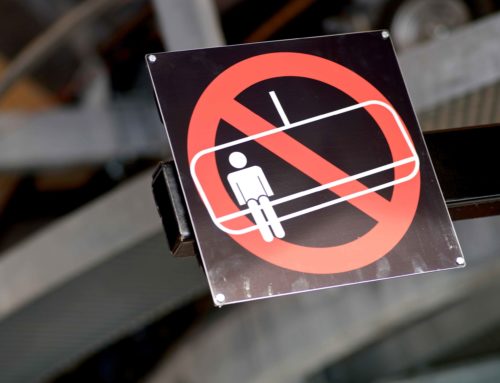
Management & Tourism
How do behavioral appeals work?
There are significant differences in how guests behave at home versus during their vacations.
“This is partly because people want to enjoy their vacation without restrictions,” explains Bettina Grün from WU Vienna (Austria), highlighting why everyday behavior and vacation behavior of the same individuals can differ so greatly.
Therefore, it is not surprising that people who live very environmentally consciously in their daily lives pay much less attention to environmental protection while on vacation.
“Most people are more focused on hedonism and letting go during their holidays, rather than on reason and restraint. They find many excuses for not behaving as exemplary on vacation as they do at home,” reports Grün from her current research on “Environmentally Friendly Behavior in Tourism.”

Bettina Grün
Behavioral Researcher, WU Vienna (Austria)
Choosing the “right” behavioral incentives
“We have found that there are many appeals directly related to the environment, such as reusing towels or not having your room cleaned every day to protect the environment. That’s why we consciously chose other arguments,” says the scientist, providing insight into the research conducted jointly with the University of Ljubljana.
While savings in waste, electricity, or water are noticeable in one’s own wallet in everyday life, such financial incentives are meaningless for the individual guest on vacation.
“As appeals, we used environmental arguments alongside social norms, such as informing how others behave, or humor. The effectiveness was especially increased by raffles or rewards. For instance, those who waived room cleaning received a bar voucher to enjoy an aperitif before dinner. This worked very well,” recounts the scientist.
It is important that such rewards benefit guests but do not cause significant revenue loss. It was also crucial, Grün says, to ensure that none of the measures negatively impacted guest satisfaction.
Further key findings
- Playful approaches: Approaches that incorporate fun in entertainment-oriented contexts can successfully change behavior.
- Targeted appeals: There are no one-size-fits-all solutions; appeals must be tailored to different target groups.
- Staff training: The need for staff training should not be underestimated, especially when measures depend on the behavior of personnel (e.g., cleaning or service).
What does this mean specifically?
For individual cable car or tourism companies as well as tourist destinations, this provides concrete ideas.
- Everyday ≠ Vacation: When considering target groups and potential guests’ vacation motives, keep in mind that vacations are often seen as an escape from everyday life, and rational behavior in everyday life does not automatically translate to vacation.
- Eco-behavior saves money: In everyday life, yes, because less electricity consumption means lower costs. On vacation – from the guest’s perspective – no, because the cost of the stay is the same regardless of how much electricity is used.
- Rewards for guidance: Rewards are more effective than rational arguments. If you want to change your guest’s behavior, you need to think about how to say “thank you.”
- Information PLUS: Just informing is not enough. There needs to be more, such as a “promise” that guests make after being informed. Promises made in groups enhance the effect.
Bettina Grün provides an example: “In Greenland, during glacier observation tours, guests were informed to stay on the path to protect nature. They were then asked to promise to do so, which most subsequently did.”
Project “environmentally friendly behavior in tourism”
- An interdisciplinary team (Vienna University of Economics and Business and University of Ljubljana) investigated how behavioral appeals work on vacation.
- Contakt: Assoz. Prof. Dr. Bettina Grün, WU Wien, bettina.gruen@wu.ac.at, www.wu.ac.at







